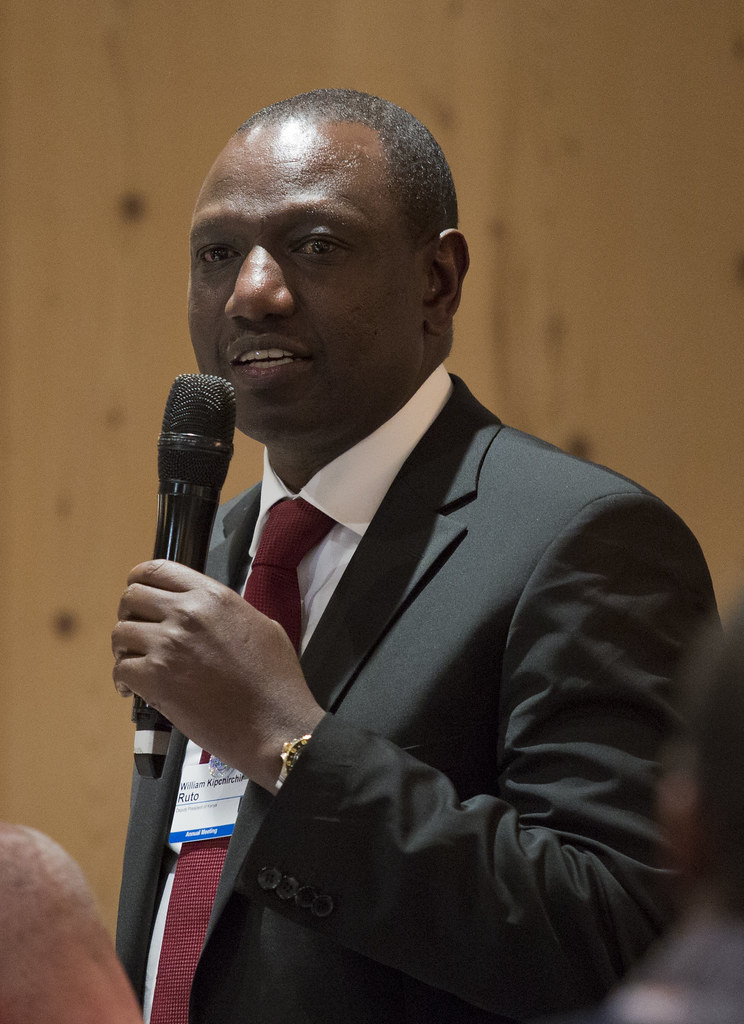President Ruto Advocates for Economic Transformation at Ghana’s Presidential Inauguration
In his inaugural address, President Mahama promised a business-friendly environment, assuring investors of a more transparent and equitable tax regime to stimulate economic growth.

- Country:
- Kenya
Kenya's President William Ruto joined other African leaders on Tuesday to witness the swearing-in of Ghana’s new President, John Dramani Mahama, at the iconic Black Star Square in Accra. The event marked a significant moment for Ghana and set the stage for discussions on Africa's future economic and political trajectory.
In his inaugural address, President Mahama promised a business-friendly environment, assuring investors of a more transparent and equitable tax regime to stimulate economic growth. He emphasized plans to establish a 24-hour economy and committed to engaging business leaders to reaffirm Ghana's openness to trade and investment.
Strengthening Kenya-Ghana Ties
President Mahama’s visit to Kenya in December laid the foundation for enhanced bilateral relations between Kenya and Ghana. During his discussions with President Ruto, the two leaders agreed to expand cooperation in trade, agriculture, mining, tourism, and energy. They also highlighted the importance of fostering opportunities for citizens of both countries to travel, trade, and invest seamlessly.
President Ruto’s Bilateral Engagements
While in Accra, President Ruto met with Presidents Faure Gnassingbé of Togo, Gideon Boko of Botswana, and Equatorial Guinea’s Vice-President Teodoro Nguema Obiang Mangue. These meetings underscored the shared vision of African leaders for greater integration and development underpinned by peace and security.
President Ruto emphasized the importance of inclusive dialogue and reform of the African Union to strengthen the continent’s transformation agenda. He highlighted the critical role of the African Continental Free Trade Area (AfCFTA) in unlocking Africa's economic potential by creating a unified market of over 700 million people through the implementation of the Tripartite Free Trade Area Agreement, which integrates COMESA, EAC, and SADC.
Investment in Agriculture and Tourism
To ensure food security in line with the Malabo Declaration, President Ruto stressed the need for substantial investment in agriculture. He also noted that enhancing tourism and trade would catalyze development and growth, enabling Africa to realize its full economic potential.
Advocacy for Raila Odinga’s AU Candidature
During discussions with Presidents Gnassingbé, Boko, and Vice-President Obiang, the leaders pledged support for Kenya’s former Prime Minister Raila Odinga's bid for the African Union Commission chairmanship.
Engagement with UK and AfCFTA Leadership
President Ruto also held talks with the United Kingdom’s Minister for Africa, Lord Collins, and expressed appreciation for the UK’s support in promoting peace and security in Africa, particularly in the Great Lakes Region.
In a meeting with AfCFTA Secretary-General Wamkele Mene, President Ruto reiterated the importance of peace and stability as prerequisites for successful intra-African trade. He emphasized the need for a conducive environment for businesses to thrive, urging all parties to prioritize regional integration and investment.
Africa’s Path Forward
President Ruto’s engagements at the inauguration reflect a broader vision for Africa’s transformation through integration, investment, and collaboration. His calls for reform, peace, and the leveraging of economic opportunities underscore the critical steps needed to drive the continent towards shared prosperity.
The swearing-in ceremony of President Mahama not only marked a new chapter for Ghana but also served as a platform for African leaders to renew their commitment to collective growth and development.
- READ MORE ON:
- William Ruto
- John Dramani Mahama
- Ghana
- Kenya










